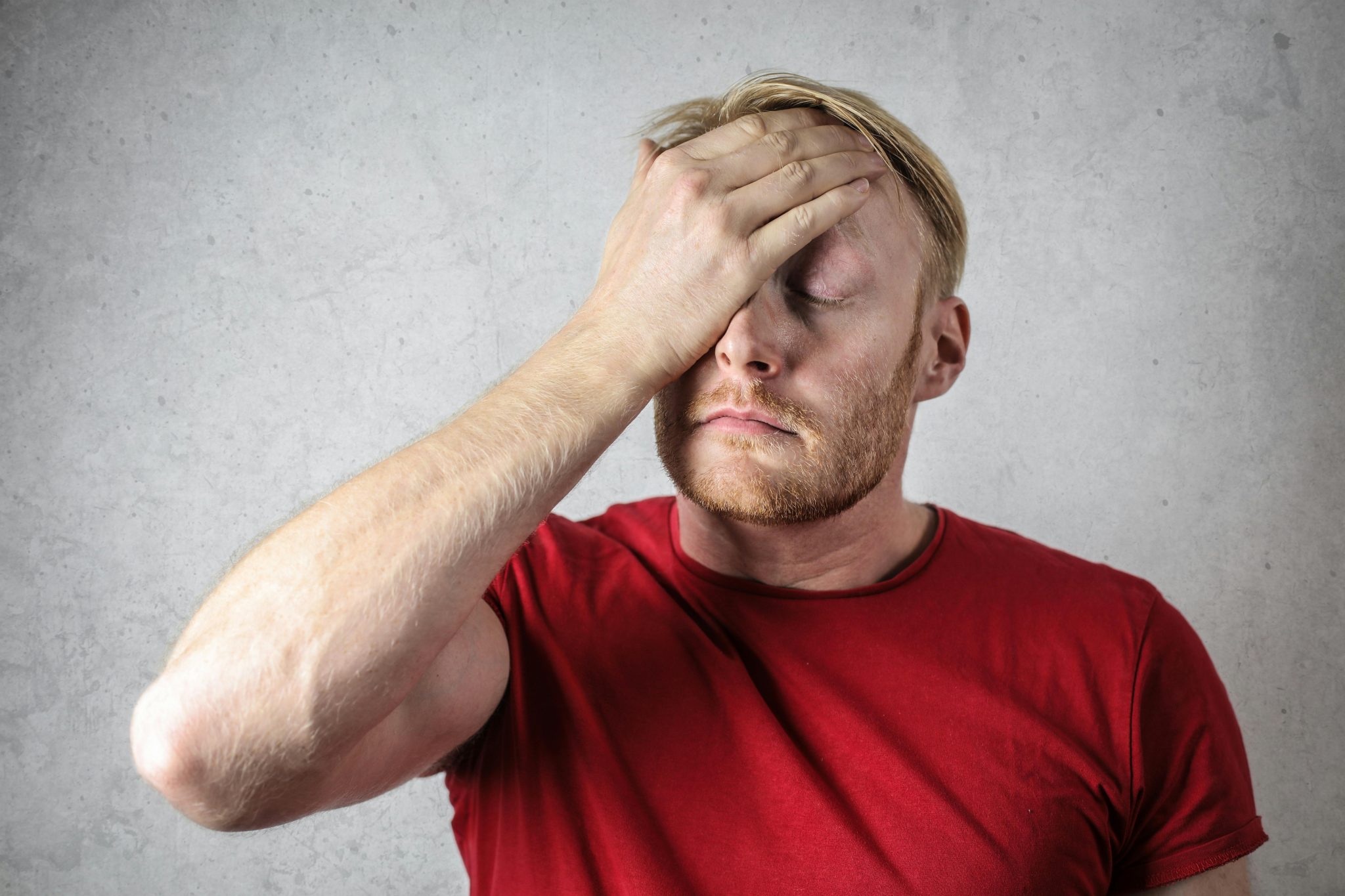Testosterone is an essential hormone that is crucial to men’s physical, mental, and emotional well-being; it is not simply about masculinity or muscle. Testosterone affects almost all of the body’s key systems, from mood and sexual function to energy and metabolism. More men are using reliable resources like https://regenics.com/testosterone-replacement-therapy/ to comprehend and restore ideal testosterone levels as knowledge of hormone health increases.
How Does Testosterone Work?
Small amounts of the hormone testosterone are generated by the adrenal glands, while the majority is produced in the testicles. It is regarded as the most crucial hormone for male growth and function and belongs to a class of hormones known as androgens.
Testosterone levels rise throughout puberty, promoting facial hair, voice deepening, muscular growth, and reproductive development. However, levels naturally start to drop at a rate of 1% to 2% a year beyond the age of thirty. That decline causes apparent symptoms and long-term health issues for some men.
The Effects of Testosterone on the Body

Testosterone has a role in several aspects of male health in addition to reproduction:
Strength and Muscle Mass
Building and maintaining lean mass is made easier by testosterone’s stimulation of muscle protein synthesis. Even with consistent exercise, low amounts might result in muscle loss.
Distribution of Fat and Metabolism
A healthy testosterone level aids in controlling body fat, particularly visceral (belly) fat. A slowed metabolism and greater fat accumulation are common outcomes of low T.
Density of Bones
Bone strength is supported by testosterone. Especially in elderly men, persistently low levels might raise the risk of osteoporosis and fractures.
Mental and Emotional Well-Being
Emotions and hormones are tightly related. Anxiety, poor motivation, impatience, and even depression are linked to low testosterone levels.
Mental Abilities
Particularly in older men, testosterone has been demonstrated to promote memory, attention, and general brain function.
Sexual Well-Being
The most well-known impact is this one. Libido, erectile function, and general sexual performance are all influenced by testosterone.
Heart Health
Although research in this area is still underway, there is mounting evidence that adequate testosterone levels enhance circulation and heart function.
How Does Low Testosterone Affect Your Health?

The symptoms of low testosterone levels might be mild at first, but they usually get worse over time.
Low T men frequently report:
- chronic exhaustion;
- diminished muscular tone;
- increased abdominal obesity;
- decreased sex desire;
- difficulty concentrating;
- mood swings or poor mood;
- irregular sleep patterns.
Work performance, relationships, physical health, and mental health can all be impacted by these symptoms.
TRT’s Contribution to Men’s Health
Testosterone Replacement Therapy (TRT) is a medically supervised treatment designed to restore testosterone levels to a healthy range. When done properly, TRT can:
- improve energy and stamina;
- support lean muscle growth;
- reduce fat mass, especially around the abdomen;
- sharpen cognitive function;
- enhance mood and emotional stability;
- restore sexual health and performance;
- improve overall confidence and quality of life.
It’s not about over-supplementing, it’s about restoring balance.
The Significance of Monitoring and Customization
There is no one-size-fits-all approach to TRT. The foundation of the finest programs is:
- thorough blood analysis;
- individualized treatment regimens;
- continuous laboratory testing;
- dosage modifications in response to lab results and symptoms;
- process assistance.
TRT may result in adverse effects or poor outcomes if that degree of caution is not taken. Because they are based on research rather than conjecture, medically directed solutions like those provided by Regenics are very successful.
Conclusions
Testosterone is a key pillar of men’s health-not just in youth, but throughout life. Understanding how it works, how it affects your body, and what happens when levels decline is the first step in taking control of your wellness.
If you’ve been feeling the effects of low testosterone, know this: there are options. With proper testing, support, and treatment, it’s entirely possible to feel sharper, stronger, and more like yourself again.





















